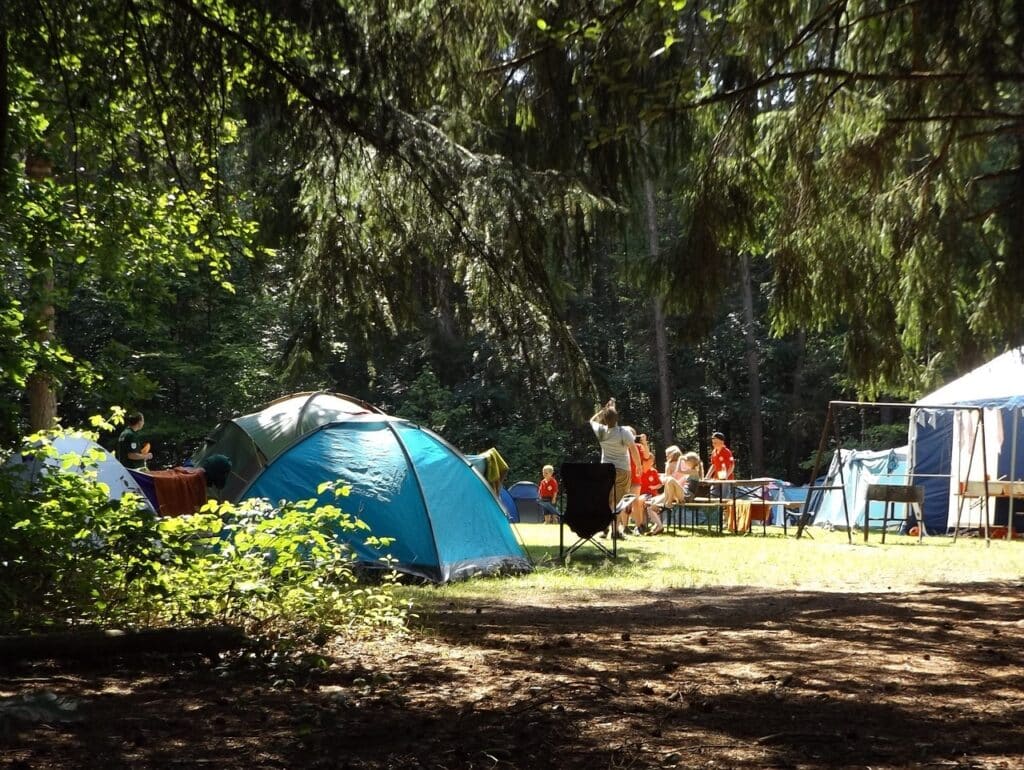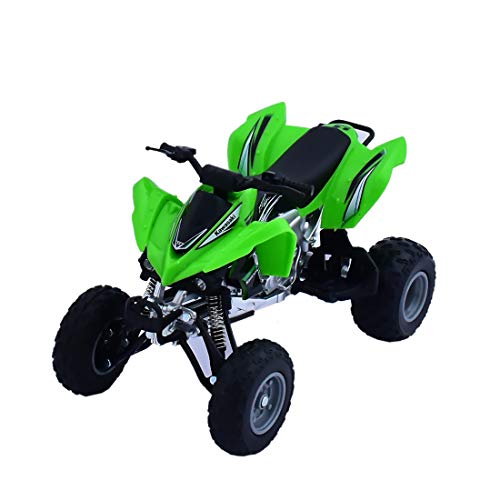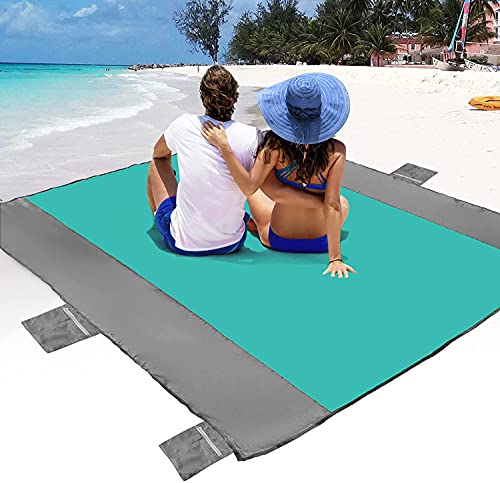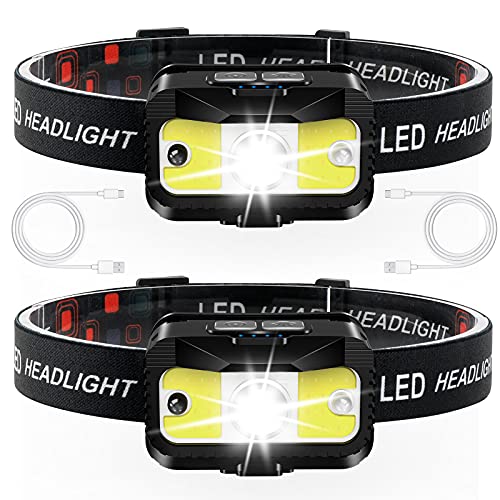No products in the cart.
Fun Facts
Camping 101: A Beginner’s Guide to Gear, Planning, and Enjoying the Outdoors
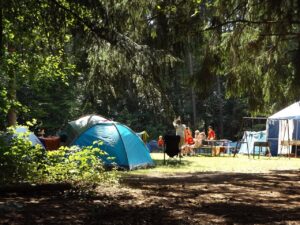 Camping 101: A Beginner’s Guide to Gear, Planning, and Enjoying the Outdoors
Camping 101: A Beginner’s Guide to Gear, Planning, and Enjoying the Outdoors
The crackling fire, the symphony of crickets chirping, a blanket of stars overhead – camping offers a unique chance to disconnect from the everyday and reconnect with nature. But for first-timers, the prospect of a camping trip can be daunting. Fear not, fellow adventurer! This guide will equip you with everything you need to know for a comfortable and unforgettable camping experience.
Planning Your Escape:
-
Choosing Your Campground: First things first, you need a place to pitch your tent! National and state parks offer a variety of campgrounds, ranging from basic sites with vault toilets to developed campgrounds with showers and laundry facilities. Consider your needs – are you seeking solitude or a family-friendly atmosphere? Research online or contact park rangers for recommendations.
-
Camping for Every Season: Camping is a year-round activity, but weather conditions will influence your packing list and campsite selection. Spring and fall offer pleasant temperatures, but be prepared for occasional rain showers. Summer camping is ideal for swimming and enjoying longer daylight hours, but be aware of potential heat and mosquitoes. Winter camping requires specialized gear to stay warm and navigate snowy conditions.
-
Gearing Up: You don’t need a fortune to camp comfortably. Here’s a basic checklist to get you started:
- Tent: A good quality tent is essential for shelter. Choose a size that comfortably fits the number of people camping.
- Sleeping bag: Select a sleeping bag with a temperature rating appropriate for the season.
- Sleeping pad: This provides insulation from the cold ground and makes your sleep more comfortable.
- Headlamp or flashlight: A reliable light source is a must-have.
- Camp chairs: For relaxing around the campfire.
- Picnic table or camp table: A designated spot to prepare and enjoy meals.
- Camp stove or campfire grate: For cooking your camp meals.
- Cooler: To keep your food and drinks fresh.
- Dishes and utensils: Pack reusable plates, cups, and cutlery to minimize waste.
- First-aid kit: Be prepared for minor injuries.
- Bug spray and sunscreen: Essentials for outdoor comfort.
- Plenty of water: Stay hydrated, especially on hot days.
- Warm clothes: Even summer nights can get chilly.
- Rain gear: A raincoat and waterproof poncho can be lifesavers.
- Campfire tools: A firestarter, kindling, and a small shovel for building a safe campfire (check local fire restrictions).
Pro Tip: Borrow gear from friends or family for your first camping trip before investing in your own.
Setting Up Camp Like a Pro:
-
Finding the Perfect Pitch: Look for a flat, level area with good drainage to avoid waking up in a puddle. Avoid areas under dead trees or low-hanging branches. Check for local fire restrictions before building a campfire.
-
Pitching Your Tent: Practice setting up your tent at home before you go. Most tents follow a similar assembly process, but it’s always good to familiarize yourself with the specific features of yours.
-
Campsite Organization: Unpack your gear strategically. Keep your food and cooler away from your tent to avoid attracting wildlife. Designate a trash area and use a hanging trash bag to deter curious animals.
Campfire Know-How:
-
Building a Safe Fire: Clear a generous area around the fire pit for sparks and embers. Only burn seasoned firewood. Never leave your campfire unattended and extinguish it properly before leaving your campsite.
-
Campfire Cooking: Campfire cooking can be a fun and rewarding experience. Invest in a good camping stove or campfire grate. There are endless campfire recipes to explore, from simple hot dogs and s’mores to hearty stews and foil-packet meals.
Nature’s Etiquette:
-
Leave No Trace: Respect the environment by following the seven Leave No Trace principles. Pack out all your trash, minimize campfire impact, and leave the campsite as you found it.
-
Respect Wildlife: Never approach wild animals. Store your food properly to avoid attracting unwanted visitors.
-
Be a Quiet Camper: Respect your fellow campers by keeping noise levels down, especially during late hours.
Embracing the Outdoors:
-
Hiking and Exploring: Take advantage of your campsite’s location. Many campgrounds offer hiking trails and scenic areas to explore. Pack a daypack with essentials like water, snacks, sunscreen, and a camera to capture your outdoor adventure.
